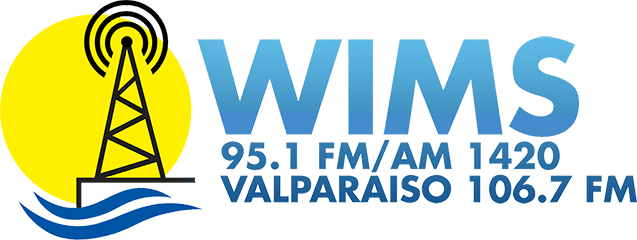Yesterday, U.S. Senators Todd Young (R-Ind.), and several other senators along with U.S. Representatives Suzan DelBene (D-Wash.) and Jackie Walorski (R-Ind.), introduced legislation to provide expanded tax support for American companies that invest in the research and development of new products and technologies. The United States spends far less supporting R&D than international competitors. This places American businesses at a disadvantage, undermining the U.S. economy and leaving the country ill-prepared for crises like COVID-19. In 2015, Congress passed legislation authored by Senators Coons and Roberts to make the R&D tax credit permanent and to expand access to the credit for more startups and small businesses. These changes addressed urgent problems, but – as the current crisis makes clear – further steps are needed. The Furthering Our Recovery With American Research and Development, or FORWARD, Act:-Expands access to the research and development tax credit for new small- and medium-sized businesses. Firms with up to $20 million in gross receipts will be eligible to use the credit to reduce their payroll tax obligation during a span of 8 years—up from current thresholds of $5 million and 5 years. A new de minimis threshold delays the start of the 8-year window until gross receipts exceed $25,000.-Strengthens the economy by incentivizing American manufacturing. The R&D credit is increased for companies that generate the majority of their gross receipts from manufacturing their products in the United States.-Targets specific activities that enhance economic productivity by spreading knowledge and work opportunities to the U.S. workforce. The full R&D credit is expanded to cover R&D-related worker training costs. For R&D performed in collaboration with industry consortia, academic institutions, federal laboratories, and other entities, the credit rate is increased by one quarter (to 25% and 17.5% for the Regular Research and Alternative Simplified Credits, respectively).-Activates the R&D credit by providing outreach, education, and training for businesses with limited accounting expertise, to be provided by the Small Business Administration and the Internal Revenue Service.
